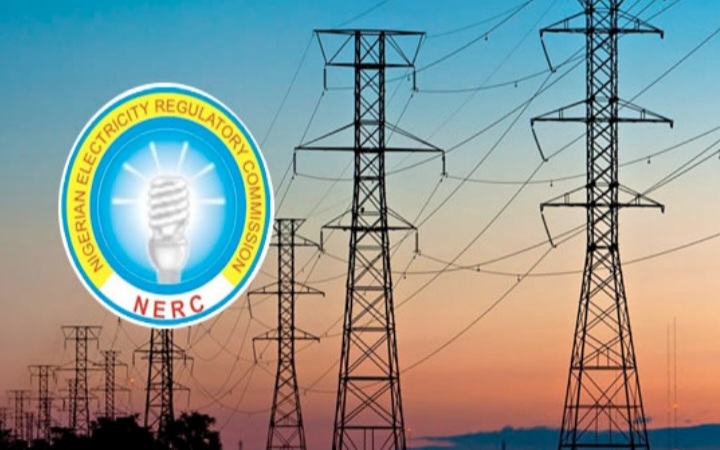The Nigerian economy is said to be losing huge fortunes due to the neglect of the mining sector by relevant authorities for decades. Major stakeholders in the sector like the Nigeria Extractive Industries Transparency Initiative (NEITI) and the Global Rights and Miners Association of Nigeria have also expressed worry over the development.
The full concentration by governments at various levels on hydrocarbon resources is said to have worsened the woes of the mining sector; thus, putting the economy at the risk of being a mono-economy.
PwC, in its assessment of the sector, said availability of reliable geological data, access to funding, regulatory requirements aimed at increasing government's 'take', a shortage of skilled labor, preponderance of artisanal mining activities, weak infrastructure, pervasive corruption, environmental degradation an and increased stakeholder expectations are common features of mining in Nigeria.
"But there are enormous opportunities and potential for companies who are focused and willing to be part of the new developments in the sector," the professional services firm said.
Stakeholders in the sector that recently met in Abuja, called for the development and implementation of effective fiscal regime for the practice of small-scale mining in the country, as current participation in the sector lacked clear structure, which has exposed the entire operations to abuse and sharp practices.
The workshop was organized by Global Rights, and it focused on the need to have artisanal miners structured and registered in a formal setup. Stakeholders maintained that it would be in the country's best interest to have the sub-sector organised, considering that Nigeria reportedly loses a lot of revenue from the current porous and subjective governance framework in the sector.
They said with such organised structure, the government would be able to implement an effective fiscal regime that would boost revenue earning from the sector, as well as protect the environment of host communities from operational hazards associated with such poor setups. Ernst & Young, in its recent report, said the top risks facing mining and metals in 2019-2020 reflect a new era of disruption from both within and outside of the sector.
"The themes of licence to operate and disruption run through this year's risks as mining and metals companies have to deal with many new and variable factors, including societal expectations, digital transformation, and unique challenges to portfolio and capital investment decisions," it added. The large movements across the radar, the consultancy firm explained, were clear indicators that disruption is already here. It noted: "Societal change, new technologies and the race to transform business models are driving a whole range of disruption for mining and metals companies.
Pressure on technology and automotive companies to secure the supply of New World commodities is opening another avenue of potential disruption to current business models. "Over 30 per cent of our survey respondents thought that technology companies have the potential to disrupt the sector. We agree. They have good access to capital and are already investing in the innovation and technology that mining operations need to be more effective."
According to EY, the mining industry in Nigeria can be described as unique, because the country is endowed with over 40 natural resources, some of which are yet to be unlocked. However, the country has very little government participation and robust policy guidelines around mining activities and this is slowing the growth of the sector.
The Permanent Secretary, Ministry of Mines and Steel Development Georgina Ekeoma, said the products of the illegal activities are smuggled out of the country thereby depriving government of supposed royalties, and posing serious detriments to the Nigerian economy. Identifying mining as a growth enabler all over the world, Ekeoma observed that the case in Nigeria, where illegal mining poses a serious threat to growth, is unfortunately different. "The Presidency has expressed concern over the alarming rate of illegal mining going on in the country and its attendant consequence of scaring off investors, as well as making an unattractive investment for sustainable development of the sector.
We will therefore be delighted to see the end of the menace in Nigeria. That is why the government established the Presidential Special Mines Surveillance Task Force in 2012 with membership drawn from relevant ministries and security organisations," Ekeoma said. The earlier relevant authorities rise up to their responsibilities, the better for the Nigerian economy.





















